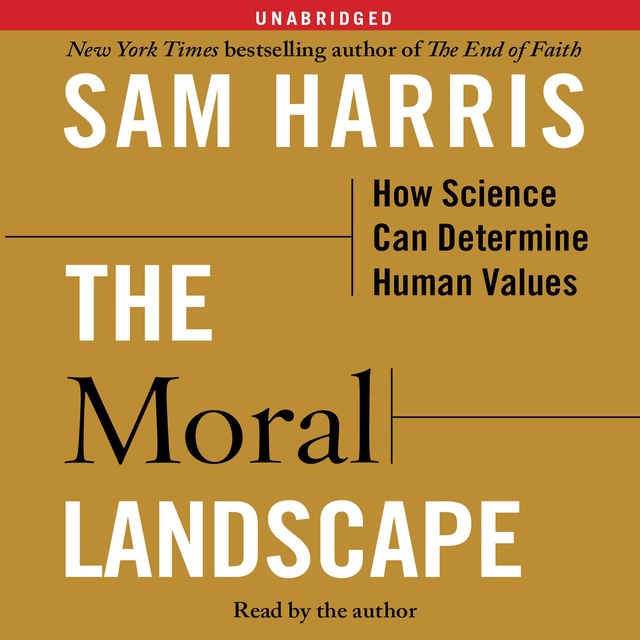Newly released
This book is new and will be uploaded as soon as it becomes available to us and if we secure the necessary publishing rights.

The Moral Landscape: How Science Can Determine Human Values Book PDF
(0)
Author:
Sam HarrisNumber Of Reads:
107
Language:
English
Category:
Social sciencesSection:
Pages:
349
Quality:
excellent
Views:
1290
Quate
Review
Save
Share
Book Description
Sam Harris' first book, The End of Faith, ignited a worldwide debate about the validity of religion. In the aftermath, Harris discovered that most people - from religious fundamentalists to non-believing scientists - agree on one point: science has nothing to say on the subject of human values. Indeed, our failure to address questions of meaning and morality through science has now become the most common justification for religious faith. It is also the primary reason why so many secularists and religious moderates feel obligated to "respect" the hardened superstitions of their more devout neighbors.
In this explosive new book, Sam Harris tears down the wall between scientific facts and human values, arguing that most people are simply mistaken about the relationship between morality and the rest of human knowledge. Harris urges us to think about morality in terms of human and animal well-being, viewing the experiences of conscious creatures as peaks and valleys on a "moral landscape." Because there are definite facts to be known about where we fall on this landscape, Harris foresees a time when science will no longer limit itself to merely describing what people do in the name of "morality"; in principle, science should be able to tell us what we ought to do to live the best lives possible.
Bringing a fresh perspective to age-old questions of right and wrong and good and evil, Harris demonstrates that we already know enough about the human brain and its relationship to events in the world to say that there are right and wrong answers to the most pressing questions of human life. Because such answers exist, moral relativism is simply false - and comes at increasing cost to humanity. And the intrusions of religion into the sphere of human values can be finally repelled: for just as there is no such thing as Christian physics or Muslim algebra, there can be no Christian or Muslim morality.
Using his expertise in philosophy and neuroscience, along with his experience on the front lines of our "culture wars," Harris delivers a game-changing book about the future of science and about the real basis of human cooperation.
Sam Harris
Sam Harris (born 1967) is an American non-fiction writer, philosopher and neuroscientist. He is the author of The End of Faith: Religion, Terror and the Future of Reason (2004), which won the 2005 PEN/Martha Albrand Award, and Letter to a Christian Nation (2006), a rejoinder to the criticism his first book attracted. His new book, The Moral Landscape, explores how science might determine human values.
After coming under intense criticism in response to his attacks on dogmatic religious belief, Harris is cautious about revealing details of his personal life and history. He has said that he was raised by a Jewish mother and a Quaker father, and he told Newsweek that as a child, he "declined to be bar mitzvahed." He attended Stanford University as an English major, but dropped out of school following a life-altering experience with MDMA. During this period he studied Buddhism and meditation, and claims to have read hundreds of books on religion. In an August 21, 2009 appearance on Real Time with Bill Maher, Harris stated that he grew up in a secular home and his parents never discussed God. He has stated, however, that he has always had an interest in religion.
After eleven years, he returned to Stanford and completed a bachelor of arts degree in philosophy. In 2009, he obtained his Ph.D. degree in neuroscience at University of California, Los Angeles, using functional magnetic resonance imaging to conduct research into the neural basis of belief, disbelief, and uncertainty.
Book Currently Unavailable
This book is currently unavailable for publication. We obtained it under a Creative Commons license, but the author or publisher has not granted permission to publish it.
Rate Now
5 Stars
4 Stars
3 Stars
2 Stars
1 Stars
The Moral Landscape: How Science Can Determine Human Values Quotes
Top Rated
Latest
Quate
Be the first to leave a quote and earn 10 points
instead of 3
Comments
Be the first to leave a comment and earn 5 points
instead of 3